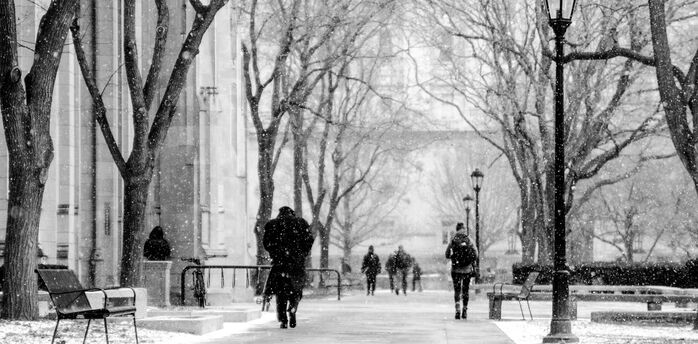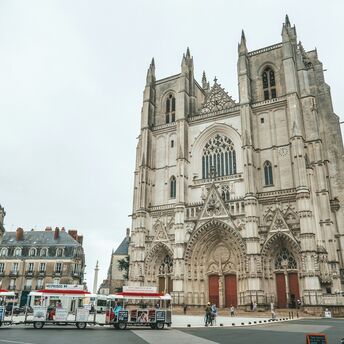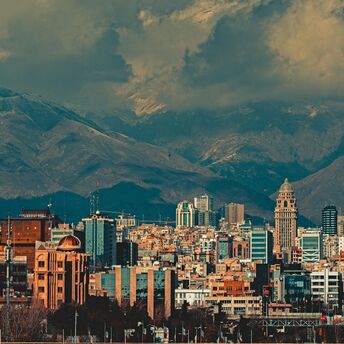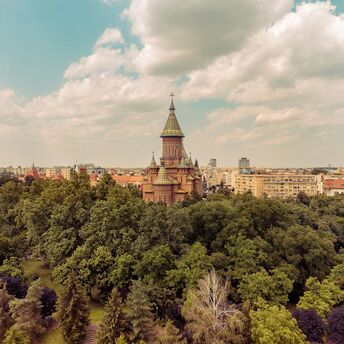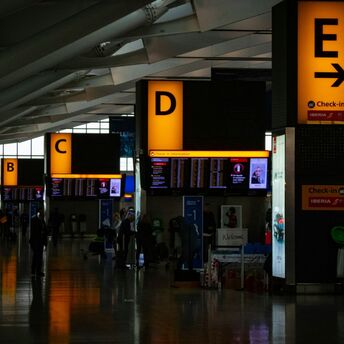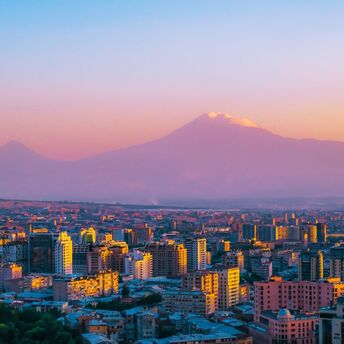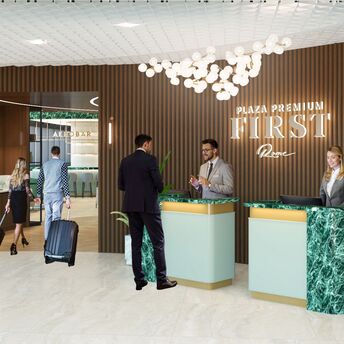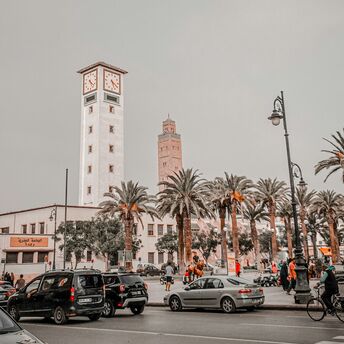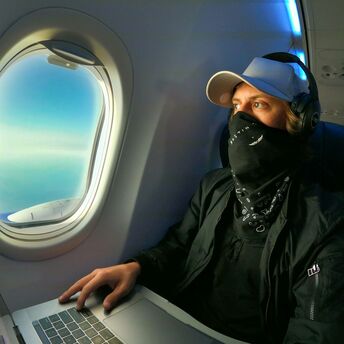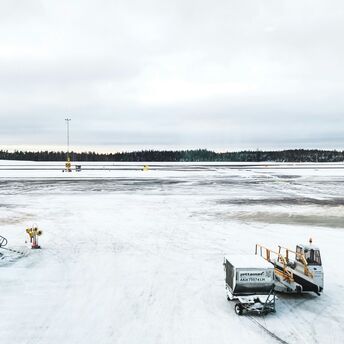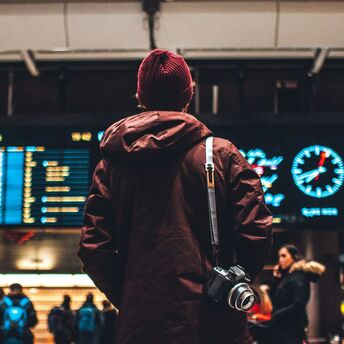US Flight Delays and Cancellations Surge Amid Air Traffic Controller Shortages
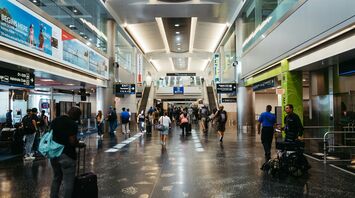
Air travel across the United States has faced its worst disruption since the start of the government shutdown. On Sunday alone, more than 2,800 flights were cancelled and over 10,000 delayed, following the Federal Aviation Administration’s order to cut daily flights due to a shortage of air traffic controllers. Transportation Secretary Sean Duffy said the situation is likely to worsen in the run-up to Thanksgiving, one of the busiest travel periods of the year.
The government shutdown, now in its 40th day, has left thousands of federal workers, including 13,000 air traffic controllers, without pay. As more staff retire or stop working unpaid, the FAA has reduced flights by 4% at 40 major airports and may bring that number to 10% by mid-November. Airlines such as United, Delta, and American have already cancelled hundreds of flights each day to comply with safety requirements.
"It's only going to get worse... the two weeks before Thanksgiving, you're going to see air travel be reduced to a trickle."
Duffy told CNN that safety risks are rising as experienced controllers leave their posts, with pilots filing more than 500 reports of fatigue-related errors since early October. The U.S. The Senate has moved a bill to reopen the government forward, but it still needs approval from the House of Representatives before the President can sign it - a process that could take a few more days.
Passengers are already feeling the impact. Major hubs including Atlanta, Chicago, and New York are overwhelmed with long queues, crowded terminals, and missed connections. Holidaymakers and families heading home for Thanksgiving are facing cancellations, last-minute rebookings, and overnight stays in airports. Travellers bound for holiday destinations such as Florida, California, and Hawaii are being forced to delay or cancel long-planned trips, adding frustration and unexpected costs.
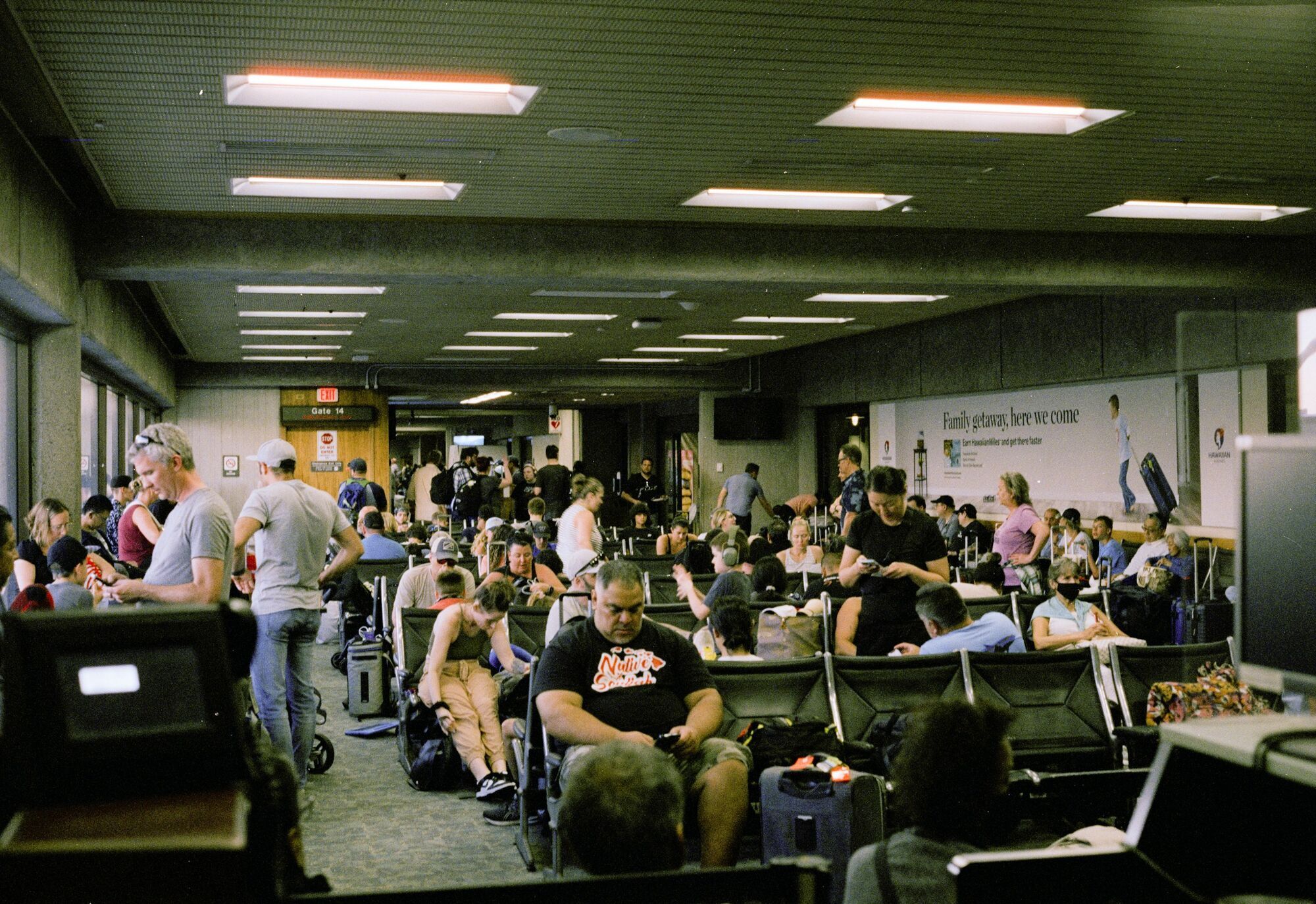
The situation has shown how quickly air travel struggles when key staff are missing. No system can take the place of skilled people who keep flights running safely. Until controllers return to work, delays and limited flight choices will continue. What used to be an ordinary trip has now turned into a test of patience for many passengers. It shows how much air travel depends on people who keep everything running - and how quickly things fall apart when they can’t do their jobs.


